The Fifth Step Review — Jack Lowden Delivers a Stunning Performance
In the world of theater, simplicity often proves to be the most impactful approach. Having experienced David Ireland’s two-character play at the Edinburgh International Festival last summer, it was evident that Ireland, known for his bold narrative choices—such as in the blood-soaked climax of Ulster American—initially presented too many superfluous elements. However, the reworked version at Sohoplace in London is stripped down and significantly more engaging.
Directed by Finn den Hertog, an associate artist with the National Theatre of Scotland, this iteration showcases remarkable performances from Jack Lowden and Martin Freeman, the latter stepping in for Sean Gilder, who had also impressed in Edinburgh. Lowden mesmerizes as Luka, a troubled young man grappling with his addiction, filled with anxiety and raw emotion. Meanwhile, Freeman shines as James, the mentor guiding him through the complex 12-step recovery process.
This narrative is far from a typical story of triumph over hardship; instead, it provides a morally nuanced exploration of power struggles. Initial coffee-fueled dialogues suggest that James occupies the role of the seasoned, rational guardian, while Luka appears to be seeking solace beyond alcohol, perhaps in a new form of obsession.
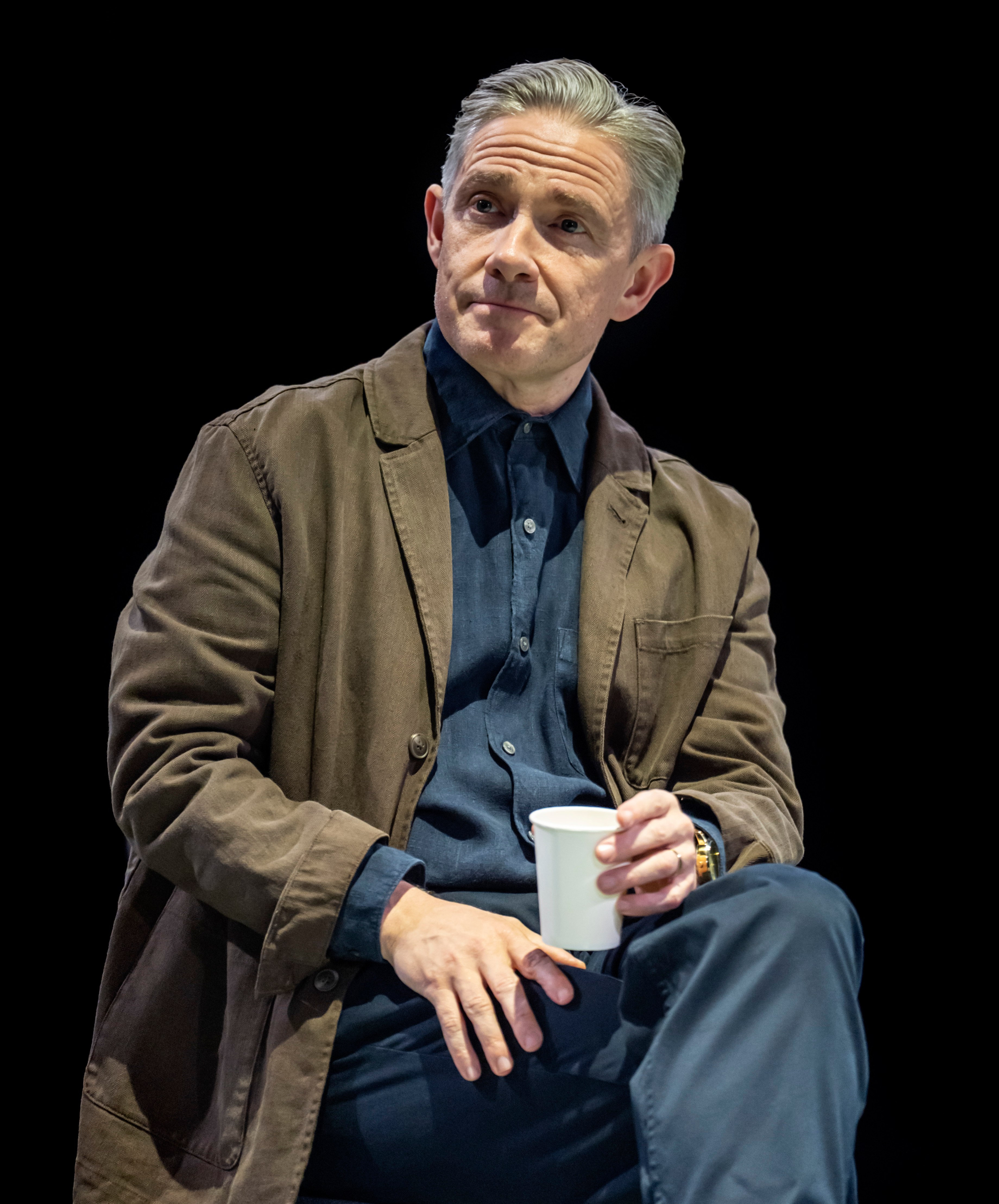
In program notes, Ireland reflects on his personal experience with Alcoholics Anonymous in his twenties, noting a spiritual awakening during the pandemic after previously identifying as an atheist. This thematic resonance is underscored by the play’s opening, which features a stark rendition of a heartfelt Johnny Cash ballad, an artist familiar with struggles of faith.
Lowden crafts a character whose frantic thoughts lead nowhere, akin to a vehicle caught in neutral, while Freeman adeptly reveals a composed exterior that gradually discloses deeper vulnerabilities.
By the conclusion, the power dynamics between James and Luka remain ambiguous. Luka’s confrontations with his shame are often humorously crass—his description of marriage humorously suggesting a transactional view. As we glimpse James’s inner life, it becomes apparent that his tranquility might be more facade than reality. Ireland skillfully employs sharp dialogue and dark humor to highlight these themes.
In contrast to the Edinburgh production’s complex rotating set, the current staging at Sohoplace is minimalist, featuring just a few chairs and a table. Ireland has also removed a pivotal scene where James ends up hospitalized, resulting in a production that, while simpler, is laden with an increased sense of tension. The unspoken elements effectively provoke deeper contemplation.
★★★★★ 90min To Jul 26
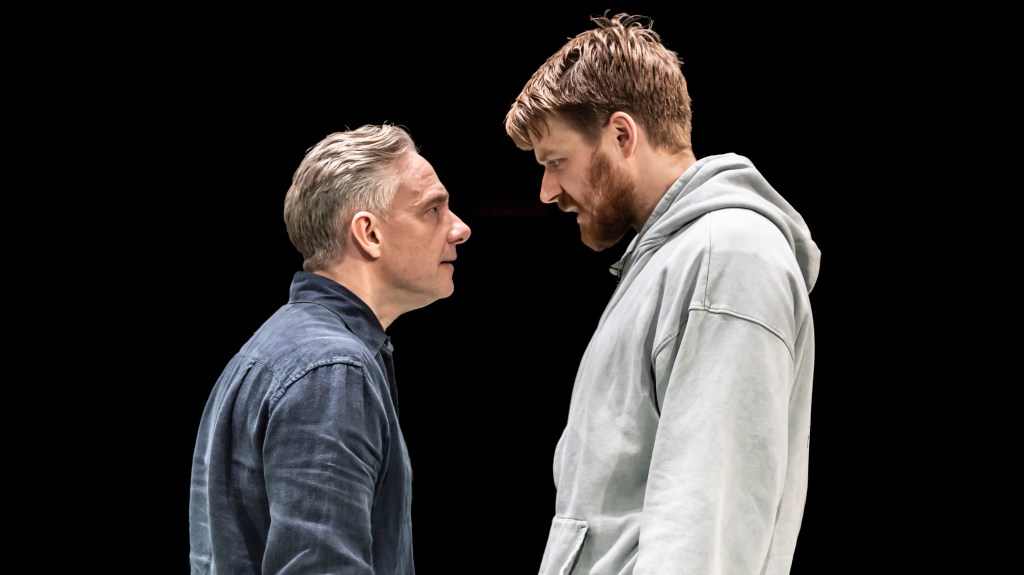
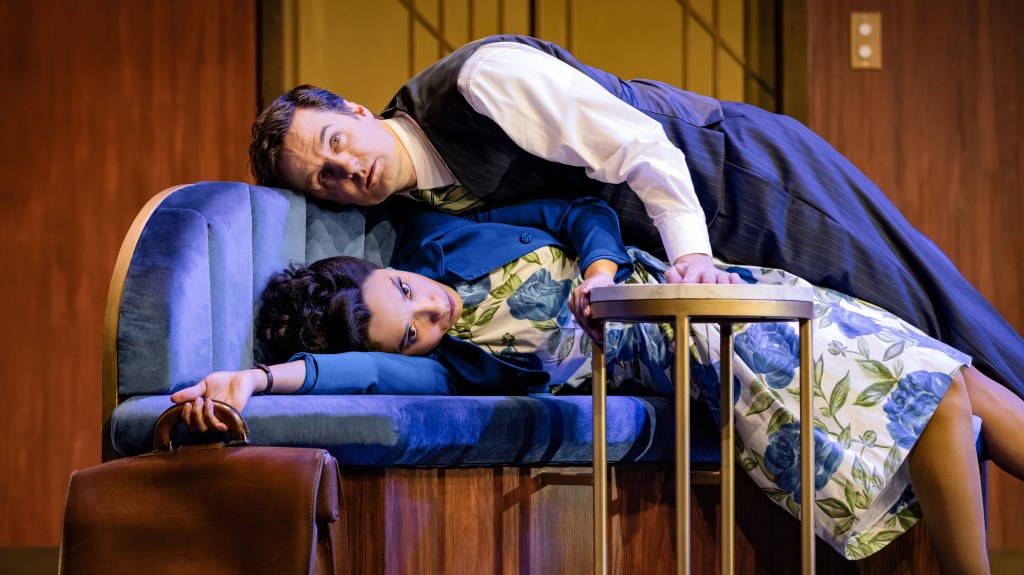
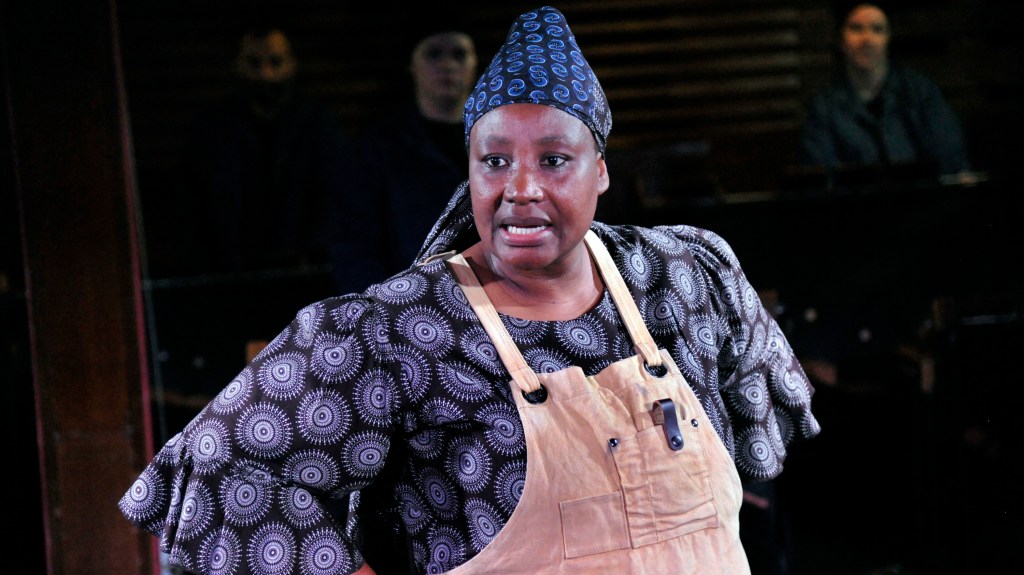
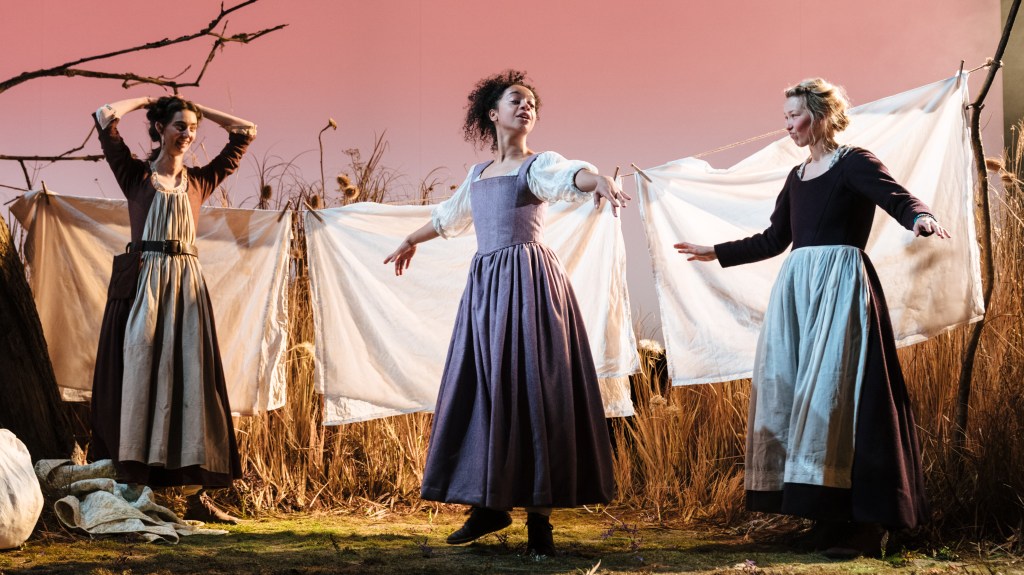
Post Comment